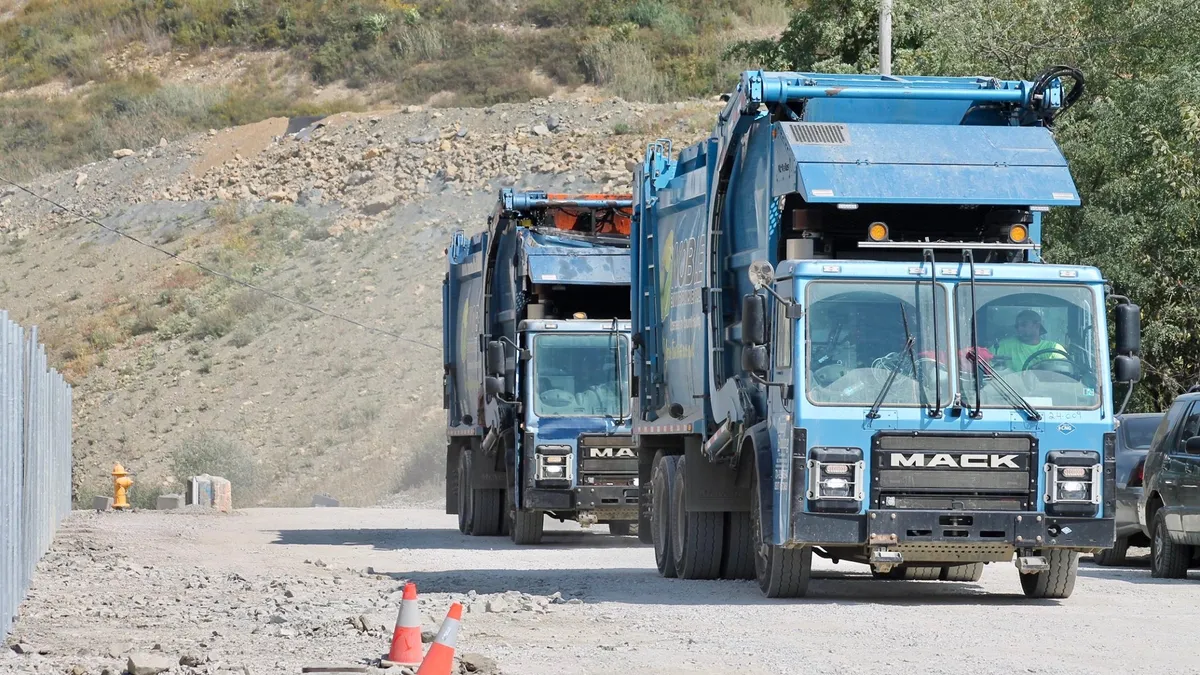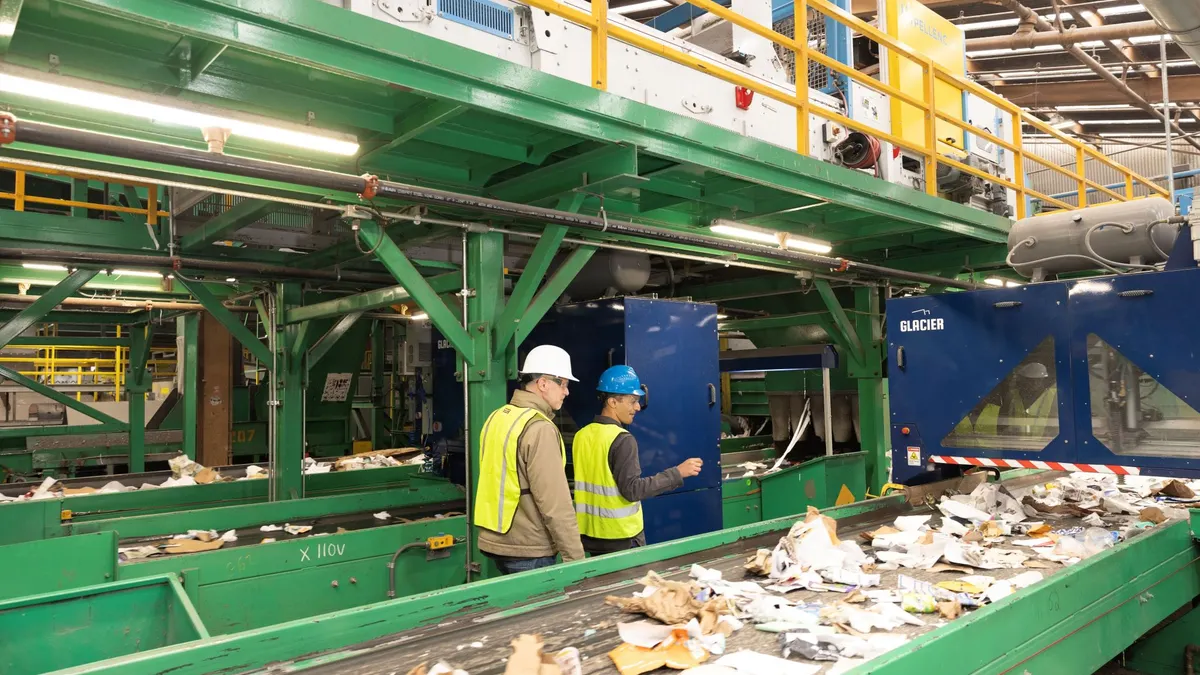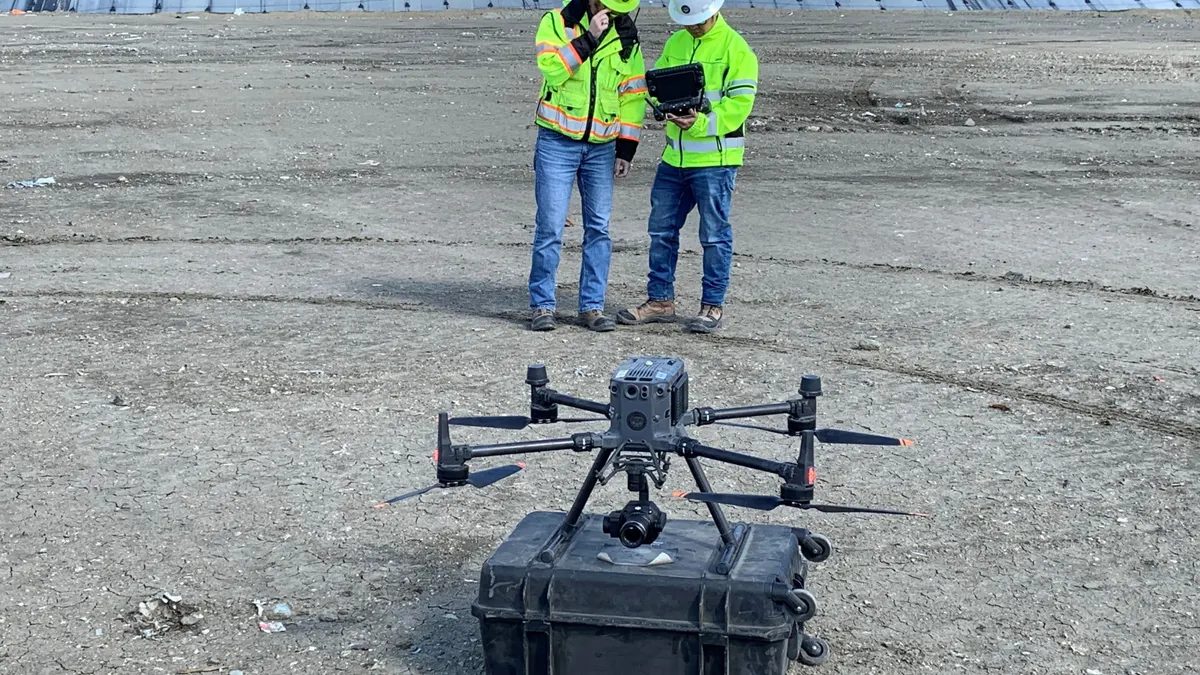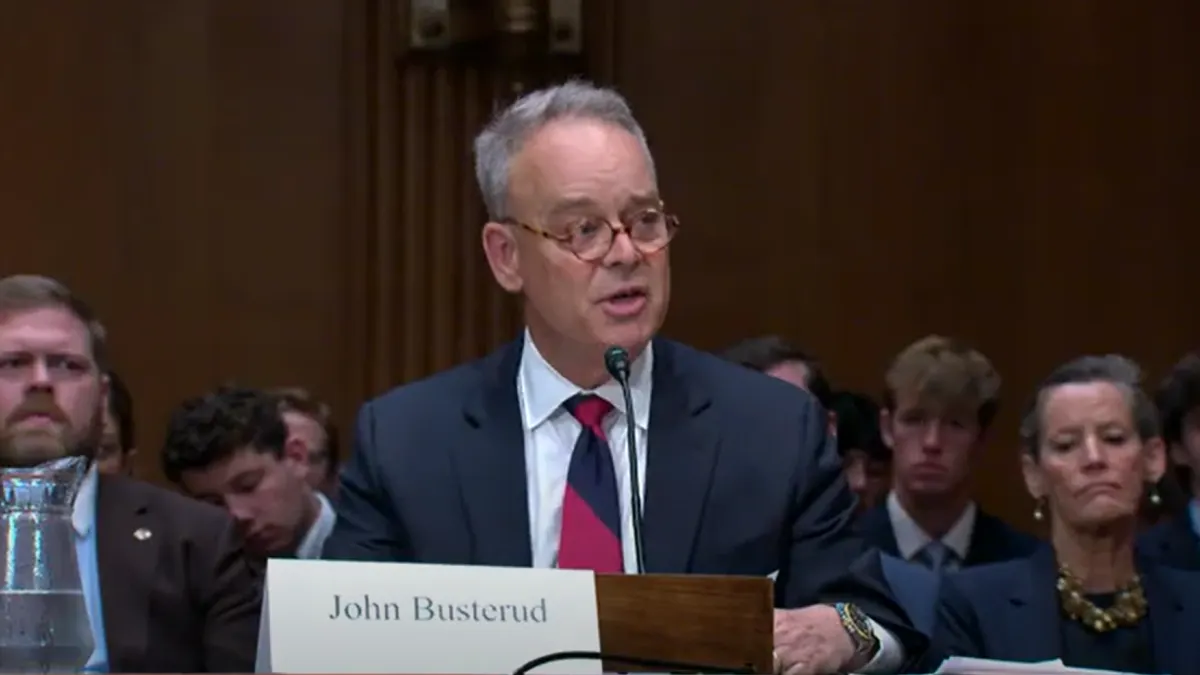A lawsuit brought by a Noble Environmental shareholder alleges the Pennsylvania company's leaders personally enriched themselves at its expense, including by using Noble's resources and trade secrets to benefit an ascendant Archaea Energy before it was acquired by BP in 2022.
The suit seeks compensation on behalf of Noble Environmental’s other shareholders from several Noble executives and Rice Investment Group, which allegedly encouraged the activity. Rice has been invested in Archaea since it launched, and also helped combine Archaea and Aria to go public via SPAC in 2021.
The suit, filed in Delaware Chancery Court on May 20 by minority investor Michael Schatzow, accuses the defendants of nine counts of misconduct relating to violation of their fiduciary duties to Noble for several years. It alleges top executives used the company as a personal "piggy bank,” approving low-interest loans from Noble to themselves to fund property investments and at times using company credit cards for lavish personal expenses. It alleges they are responsible for “billions of dollars in corporate looting, mismanagement, diversion of opportunities, and faithless service.”
In total, six individuals are named as defendants in the suit, including Nicholas Stork, Terrence Cunningham and Alexander Sulkowski, all of whom still hold senior positions with Noble, according to their LinkedIn profiles. Stork left Archaea in April 2023, when BP's Starlee Sykes became CEO of the freshly acquired subsidiary. Cunningham and Sulkowski left Archaea in March of this year.
Archaea Energy LLC and Archaea Energy Inc., its successor, are also named as defendants in the suit. Archaea Energy Inc. was listed as an active subsidiary of BP in its annual report for 2023.
A spokesperson for BP confirmed in an emailed statement that the individuals named in the lawsuit no longer work for Archaea and said the allegations in the suit “relate to conduct that occurred prior to bp’s acquisition of Archaea.” Since the company was acquired, BP has continued to expand Archaea’s scope, launching new modular systems beginning last year.
Stork, Cunningham and Sulkowski did not respond directly to emailed requests for comment. Instead, David Overstreet, Noble’s general counsel, sent an emailed statement saying the company believes the allegations in the lawsuit to be “largely false” and said it will “vigorously defend against this lawsuit.”
“Noble has grown tremendously since its inception in 2016 and is now one of the largest waste, environmental services and renewable energy companies in the greater Pittsburgh area. The Company is proud of the value it has created for all stakeholders, which includes adding over 450 jobs in its short history. Noble will continue to execute on all areas of growth including renewable energy development and environmental stewardship,” Overstreet said in his statement.
Archaea was started by Noble's founders in 2018. Their first company had already found success capturing landfill gas and converting it to renewable natural gas at the Westmoreland County Landfill outside of Pittsburgh. But Archaea went on to become the country's largest RNG platform while Noble remained a regional player.
The suit alleges that the officers continued to serve both companies for several years, using trade secrets and employees from Noble to enrich and propel Archaea to a multibillion-dollar public offering and sale. They did this without fairly compensating Noble, leaving shareholders of the company to reap little benefit from the sale, the suit claims.
"Both companies were utilizing the same trade secrets, had access to the same corporate opportunities, and were led by the same core team. Nevertheless, Archaea is a multibillion-dollar company that was generating far more revenue in 2021 than Noble is even today," the suit alleges. "Due to the Noble Defendants’ misconduct, Archaea was essentially a competitor using Noble’s technology, knowhow, and personnel to pursue opportunities that were rightfully Noble’s."
The suit relies in part on statements made by Richard Walton, the president of Noble until November 2023. It alleges Walton was removed from his position with Noble as the result of a "personal dispute" with the company's other officers. Walton allegedly told the plaintiff about some of the misconduct of the company's officers and in some cases admitted fault himself. Walton is also named as a defendant in the lawsuit. He did not respond to a request for comment.
The final two individuals named in the suit, Daniel Rice and Kyle Derham, are partners at Rice Investment Group. According to the lawsuit, the firm "aided and abetted" the other defendants in their actions to harm Noble and its minority investors.
The Archaea sale figures prominently in the case against the executives. Schatzow said he began looking into the sale after Noble investors were told they would receive a "paltry return" of about $25 million as a result of Archaea's sale to BP. This was despite the fact that Noble shareholders had previously been told that Noble held 10% of common shares and 10% of management incentive shares of Archaea, according to the suit. Using those figures, the suit argues Noble should have received at least $90 million from the sale.
The company's directors named in the lawsuit allege that Stork gifted “a significant portion of his management incentive stock to Noble," which was worth about $17 million and formed a substantial portion of the sum Noble eventually received following the sale. Stork allegedly earned at least $200 million from Archaea’s sale.
"Company employees do not give away $17 million out of the goodness of their hearts. It is apparent that Mr. Stork ‘gifted’ the $17 million only as part of the Defendants’ effort to head off this lawsuit — while investors might be fooled by a paltry return, they would not be fooled by no return whatsoever," the lawsuit said.
The lawsuit alleges Stork, Cunningham, Sulkowski and Walton committed other negligent acts as well. The executives allegedly “used company cards liberally on personal expenses,” including “lavish partying.” Stork also purchased a multimillion-dollar home thanks in part to a low-interest loan from Noble, and Walton appears to have received a similar low-interest loan for a property company as well, the lawsuit claims.
All of this conduct took place over several years, during most of which Noble’s board failed to record meeting minutes and otherwise failed to institute proper fiduciary and corporate controls, according to the lawsuit. It alleges the executives used a self-destructing messaging service called Confide to communicate.
Stork allegedly repaid Noble all of his compensation from 2019 to 2022 after Schatzow’s concerns about the impropriety were brought to the board’s attention. The suit believes that gesture to be an “admission of guilt.”



















